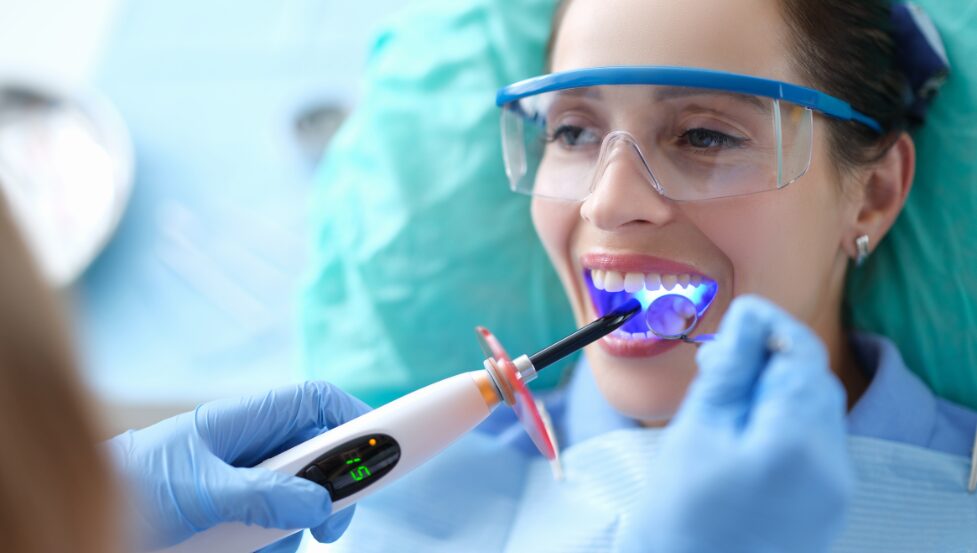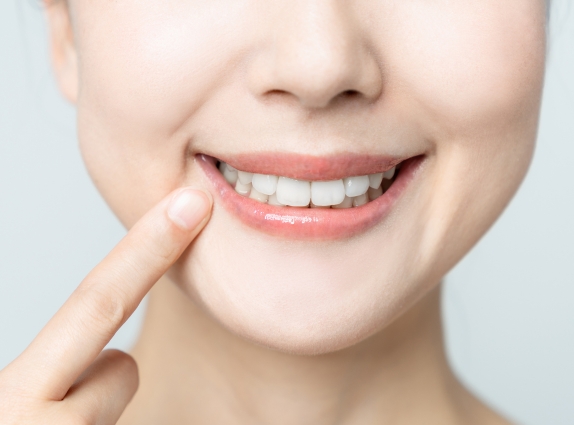
Patients suffer from chipped teeth due to accidents, biting into hard foods, and even regular wear and tear. Dentists can quickly fix This prevalent dental issue with dental bonding. Chipped teeth might only look like dental cosmetic problems, but they can also affect the functionality of your teeth. When you don’t fix your chipped teeth problem, it can even lead to teeth extractions. Dental bonding can not only effectively fix your teeth quickly but also in an affordable way. In this blog, you can closely examine dental bonding, how it works, and its function in repairing chipped teeth.
What is Dental Bonding?
Dental bonding in Phoenix is a cosmetic dental treatment that dentists use to repair cracks. Professionals apply a resin-based material to enhance a damaged tooth’s functionality and appearance. Nothing to worry about, as the material can completely match your natural tooth color. Your dentist will mold the resin to match the contours of your chipped teeth. They use a special light to harden the material and make it ready for use. Dental bonding is highly durable and won’t require frequent replacements.
How Dental Bonding Fixes Chipped Teeth?
You will hardly find a better option to treat your chipped tooth problem. Patients widely consider this treatment for its efficiency and quick problem-solving quality. Dentists will roughen your teeth, making it ideal to hold the dental bonding material. Being resin-based material, it can even enter the finest of cracks and seal them. The unique light is mainly used to blend the material with the teeth. Dentists also ensure that teeth are polished after applying dental bonding material.
Advantages of Dental Bonding For Chipped Teeth
People widely consider bonding as it offers several advantages. It is highly affordable when you compare it with other cosmetic dental treatments. A single visit is enough for your dentist to complete the dental bonding treatment. Are you scared of invasive therapies? This can be the ideal solution for you as it is an essential treatment. Once you finish the treatment, it is tough for others to spot the presence. You won’t even require frequent replacements as it is highly durable.
Minor Aspects Which You Should Deal Attentively
The resin-based material might not be as hard as tooth enamel or porcelain. There is a considerable price difference between porcelain and dental bonding. Nothing can be better than avoiding a particular tooth from biting hard foods with dental bonding. Dentists also don’t suggest dental bonding for back teeth as they receive excessive pressure. Always remember that dental bonding is the ideal solution for minor cracks and chips and not for significant cracks.
Caring for Bonded Teeth
Proper oral care is essential to ensure that your bonded tooth remains in good condition and to prolong the bonding material’s life. While bonding is durable, it’s necessary to avoid biting down on hard foods or objects, such as ice, which could cause the bonded material to chip or crack. Brush your teeth twice daily and floss daily to prevent plaque buildup around the bonded area. Use a soft-bristled toothbrush to avoid damaging the bonding material. Do not avoid your regular visits to the dentist.
Is Dental Bonding The Right Solution For You?
Reading this blog has helped you gain basic dental bonding knowledge. Schedule an appointment with a dentist today for specific solutions. Professionals can quickly assess your dental conditions and guide you on whether you are the perfect candidate for dental bonding.
